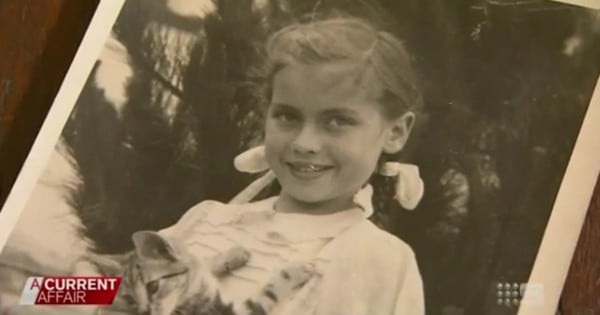
Australian nutritionist Rosemary Stanton was only a child when she was forced to live in the religious sect the Exclusive Brethren.
Forbidden from using a mirror, Stanton was taught that vanity was a sin, a lesson she carried for 40 years after her escape.
“I find it very difficult to look in a mirror, we were not allowed to look in a mirror,” she told A Current Affair.
“To this day, when I go to the hairdresser and she holds a mirror behind to show me how she’s cut the back of my hair, I feel the hairs on my arms going up and I really don’t want to look at it.”
Speaking about her experience, Stanton’s childhood is a tale of restriction, oppression and male dominance.
“It turned me into a feminist,” she said.
She was forced to wear a headband that signified her acceptance of male authority and forbidden from playing with children outside the group, she struggled to find a place in a world so different from the one she’d known.
But it was one of her teachers in primary school, Ian Aulder, who became one of her greatest influences.
